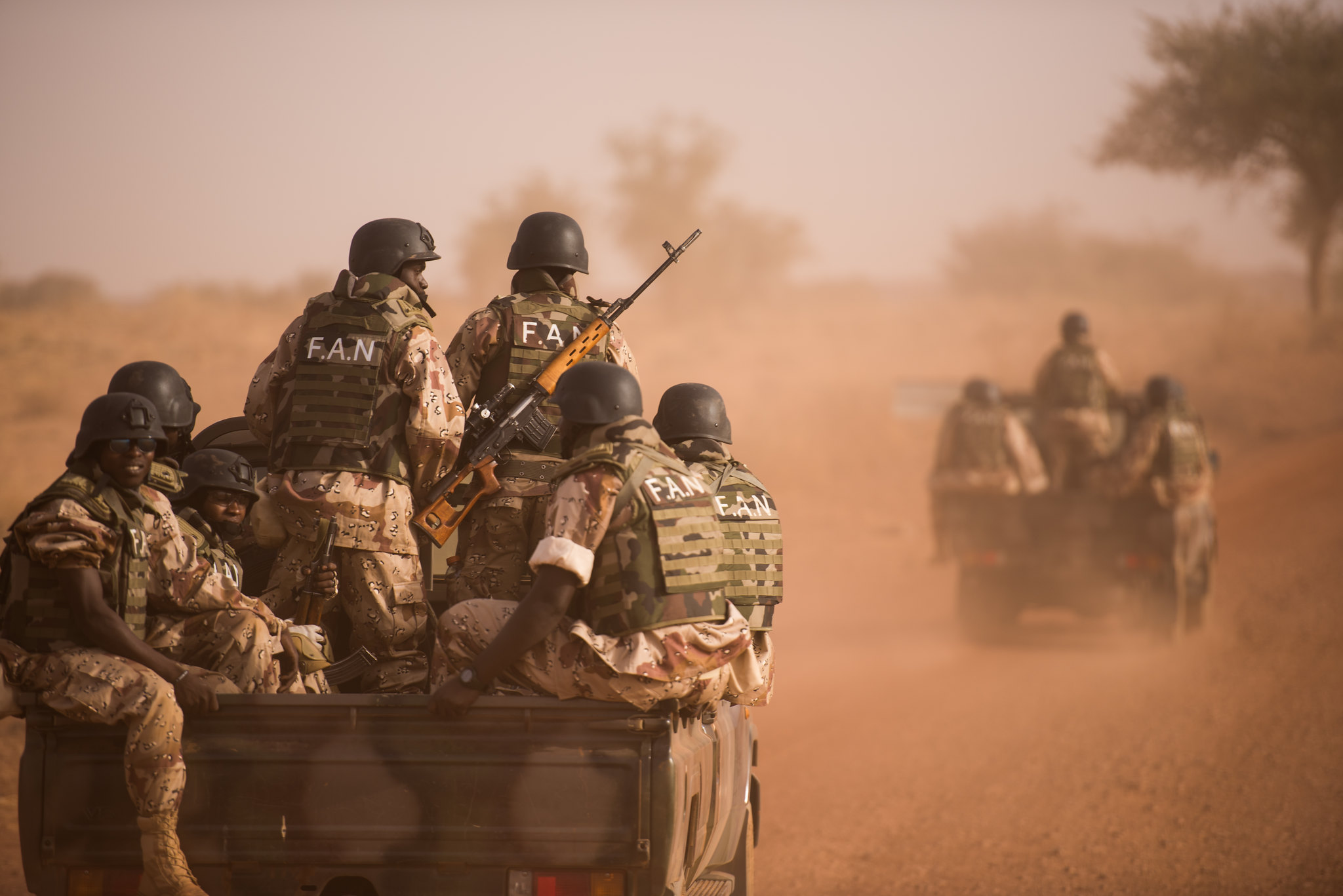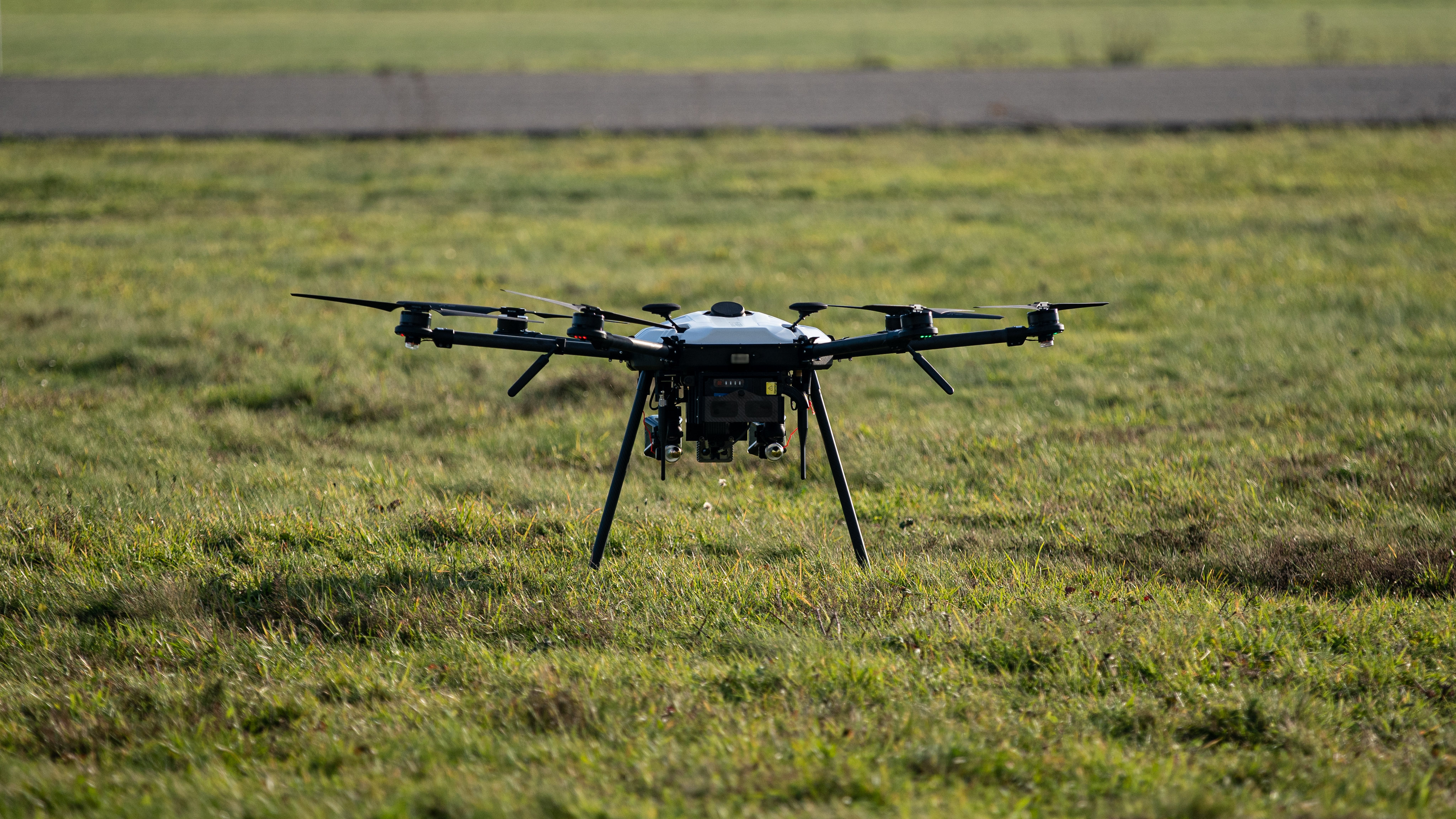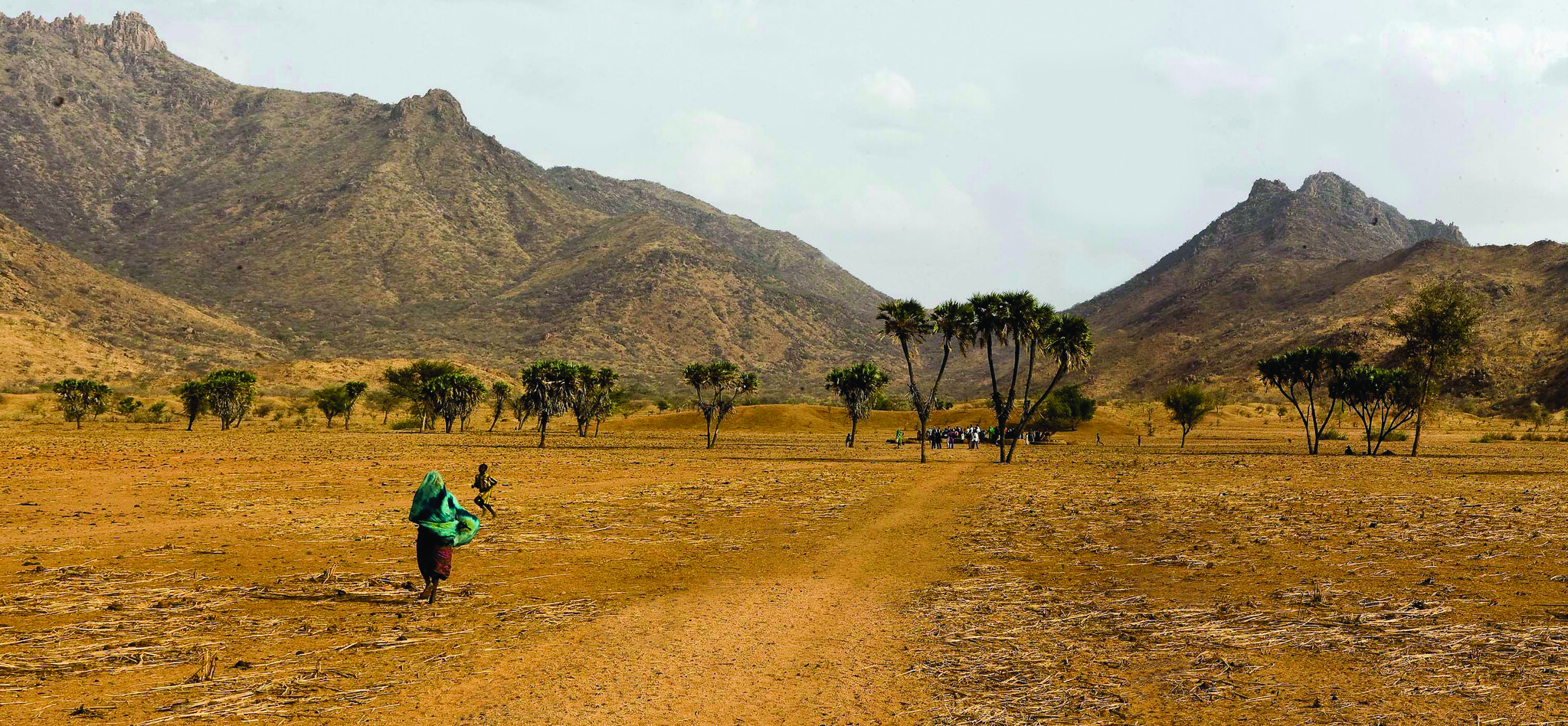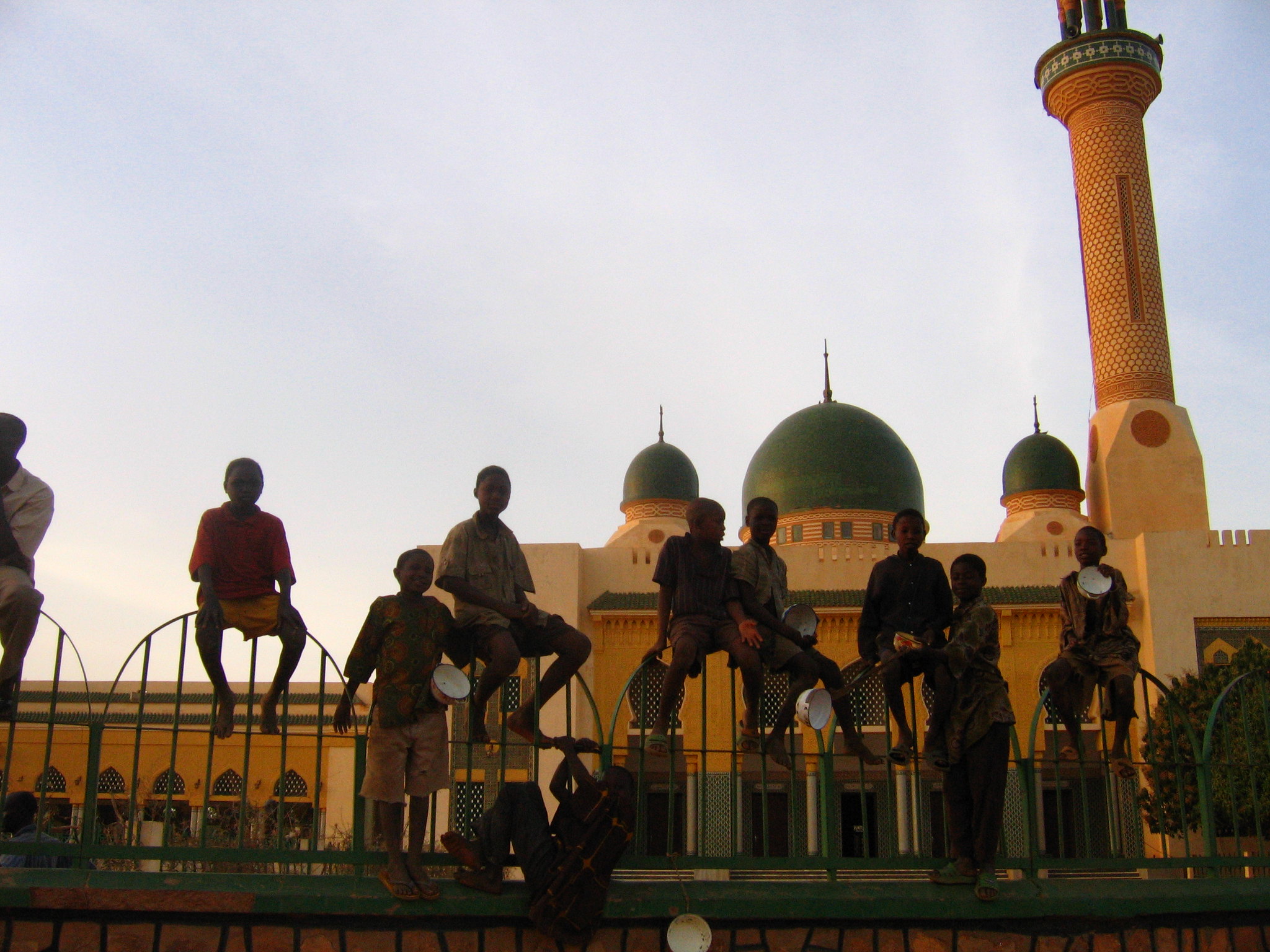With the military now in charge in Niger, more attention must be paid to the wave of coups across the Sahel. Without a proper understanding of what is triggering the political instability that leads to military interventions democratic governments in the region will continue to fall, writes Francis Okpaleke.
Since 2019, there has been a troubling surge in military coups that have targeted democratically elected governments across the Sahel. A staggering 17 coups have been attempted and have removed the governments of Mali, Niger, Guinea, Gambia, and Burkina Faso leaving the Sahel’s political landscape scarred by military rule.
The most recent coup threatens regional stability with the Economic Community of West African States becoming embroiled in de-escalating the ongoing tensions in the Niger.
The resurgence of military coups in the West African Sahel is a contagion effect of recent successful coups. The more local militaries gain power, the more it encourages other forces to chance their arm. The region is gripped by foreign military interventions, persistent terrorism, and the historic influence of the military in the politics of the Francophone Sahel. These interconnected elements collectively contribute to the region’s political landscape and the resurgence of military coups.
The intricacies of a complex web
The roots of the Sahel’s coups are intricately intertwined with both internal and external dynamics. Internally, pervasive disillusionment stemming from rampant corruption, enduring conflicts, and faltering governance has created an environment where military interventions are increasingly seen as a response to security crises.
At the same time, external factors, such as the growing involvement of foreign military actors pursuing their own interests, have inadvertently fuelled the recurrence of coups. Western military interventions in the Sahel are not typically selfless actions but a manifestation of a broader strategic competition. France has vested interests in the Sahel region, including oil and uranium resources, as well as countering China’s influence in the Francophone area. Russia also has vested interests in Niger’s rich uranium deposits. Foreign powers often intervene with a primary focus on safeguarding their strategic interests, rather than exclusively championing democratic values. But their interventions have unintentionally sown the seeds of disruption within local power structures, effectively creating a vacuum that extremist groups have exploited.
The failure of these foreign interventions to suppress Islamist insurgency and the resulting complex dynamic fosters an atmosphere of political and economic uncertainty, that contribute to the occurrence of military coups.
France’s longstanding ties with its past colonies have involved shielding ineffective dictatorships, intervening in domestic politics and economies, and embodying a neo-colonial stance sowing discontent among the public. In Niger, the military junta has seized upon this anti-French sentiment in its messaging.
The military’s role in society
Historical factors, including the enduring legacy of colonialism and the persistence of authoritarian political traditions, have deeply rooted the military within Sahelian politics. After gaining independence from France, five out of the six Sahelian states—Chad, Niger, Mauritania, Burkina Faso, and Mali— experienced long spells of military rule. This influence is particularly pronounced in Francophone Sahel nations, such as Mali, Burkina Faso, and Chad where military leaders have usurped power and ruled for extended tenures.
The Sahel grapples with a litany of security challenges including terrorism, organised crime, and inter-communal strife. These threats have inflicted severe strain on already fragile governance frameworks, prompting some to perceive military coups as a necessary response to these formidable challenges.
The concept of the military as an “irrational stabiliser” refers to situations where the military’s role in maintaining stability is counterproductive to democratic progress and overall stability. This notion has led to scenarios where, in a bid to maintain stability, the military has hindered democratic progress and as a result, reduced their country’s stability.
Recent coups in Mali and Burkina Faso provide a stark illustration of how military interventions can disrupt democratic institutions and their processes by creating civil unrest, political instability and causing foreign. This, in turn, prolongs the military’s interim rule and curtails political opposition, undercutting democratic ideals.
When a country has a history of military coups other forms of military intervention in politics are more likely to occur as these societies are likely to have strong military institutions and weak civilian control of the military.
Towards stability
Tackling the upsurge of military coups in the Sahel will require a multifaceted approach. Counterterrorism strategies and partnerships must be re-evaluated to address the ever-evolving political, socio-economic, and institutional root causes of coups in the region, instead of merely treating the surface symptoms of regional instability through military means. A nuanced understanding of civil-military relations is paramount to navigating the delicate balance between stability and democratic progress. Additionally, a retrenchment strategy aimed at curtailing excessive military engagement in armed conflicts holds promise for a more secure and suUstainable Sahel.
The prevention of military coups demands a concerted effort to address the underlying triggers of political instability. Measures must be taken to ensure that any military intervention in the Sahel leads to competitive elections and a peaceful transfer of power to democratically elected leaders within a predefined timeframe. By analysing the resurgence of coups in the Sahel we can chart a course toward a region characterised by enduring stability, robust democracy, and continued progress.
Photo credit: US Africa Command used with permission CC BY 2.0





